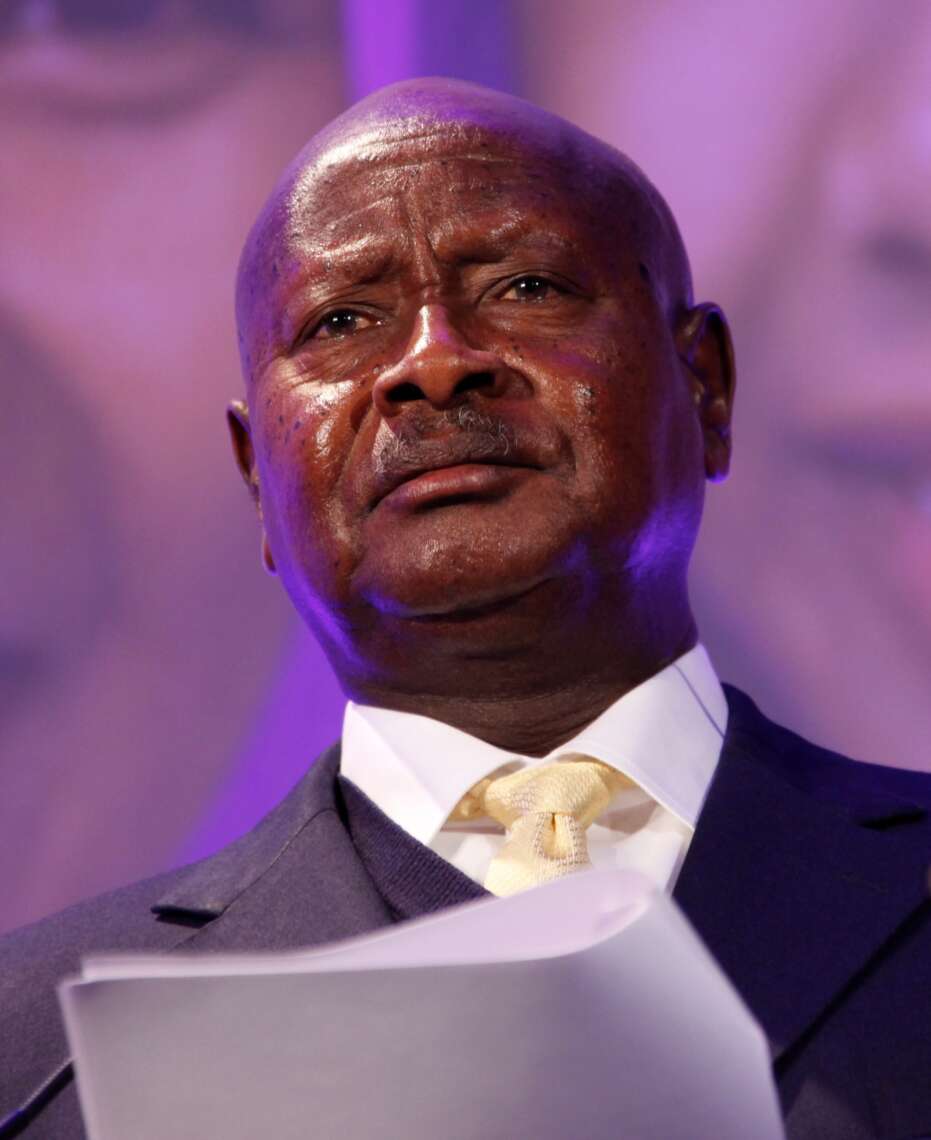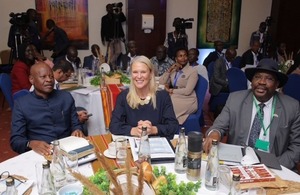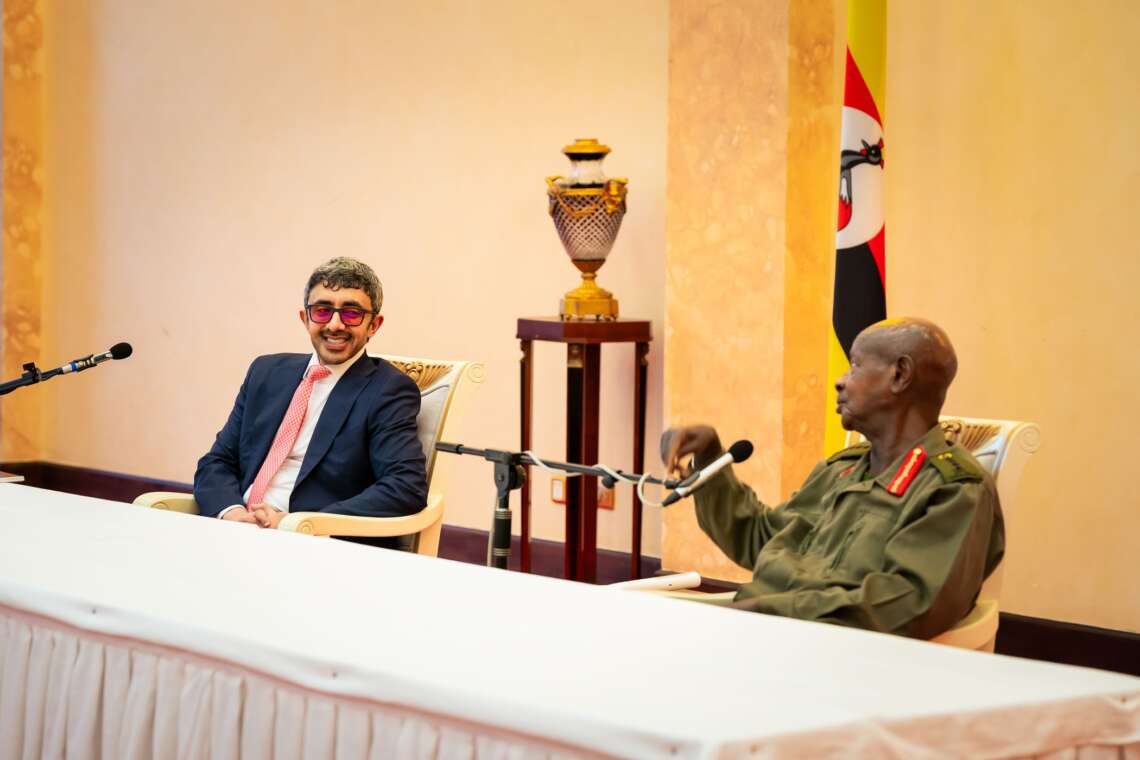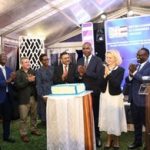The upcoming general elections will not only determine the presidency but also see voters elect lawmakers to the national assembly
Uganda’s President Yoweri Museveni is set to seek reelection for another term in the country’s upcoming general elections scheduled for January 2026, according to a senior official from the ruling National Resistance Movement (NRM) party. This announcement confirms what many had long anticipated, as Museveni, who has been in power since 1986, aims to extend his nearly four-decade rule.
In a video posted by the state broadcaster UBC on social media platform X, Tanga Odoi, the chairperson of the ruling party’s electoral body, revealed that Museveni would pick up expression-of-interest forms on June 28. These forms are a necessary step for candidates to officially declare their intention to run for office. Odoi stated, “The president… will pick (up) expression-of-interest forms for two positions, one for chairperson of the party and the other to contest if he is given the chance for presidential flag bearer.”
This move by Museveni comes as no surprise to many political observers, given his long-standing presence in Uganda’s political landscape. At 80 years old, Museveni is Africa’s fourth longest-ruling leader, having held the presidency for 39 years. The NRM party has previously amended the constitution twice to allow him to extend his rule, a move that has drawn both support and criticism from various quarters.
The upcoming general elections in January will not only determine the presidency but also see voters elect lawmakers to the national assembly. This dual focus of the elections underscores the importance of the electoral process in shaping Uganda’s political future.
Museveni’s closest opponent in the upcoming polls is expected to be pop star-turned-politician Bobi Wine, whose real name is Robert Kyagulanyi. Wine, who came second in the last elections held in 2021, has already confirmed his intention to run in 2026. Wine rejected the 2021 election results, claiming that his victory had been stolen through ballot stuffing, intimidation by security forces, and other irregularities. His allegations have resonated with many Ugandans who feel disillusioned with the current political system.
Rights activists and critics have long accused Museveni of using patronage and security forces to maintain his grip on power. They argue that his long rule has been sustained through undemocratic means, including suppression of opposition voices and manipulation of electoral processes. However, Museveni has consistently denied these accusations, asserting that his continued rule is a reflection of popular support from the Ugandan people.
The NRM party, along with other political parties, is currently in the process of vetting and clearing their candidates for the polls. This phase is crucial as it determines the final list of contenders who will vie for the presidency and other key positions in the government.
As the election date draws nearer, the political climate in Uganda is expected become to increasingly charged. The contest between Museveni and Wine is likely to dominate the political discourse, with both sides mobilizing their supporters and presenting their visions for the country’s future.
For many Ugandans, the upcoming elections represent a critical moment in the nation’s political journey. The outcome will not only determine the leadership of the country but also shape the trajectory of democracy and governance in Uganda. As the electoral process unfolds, the world will be watching closely to see how this pivotal moment in Uganda’s history unfolds.
President Yoweri Museveni’s decision to seek reelection in 2026 marks a significant development in Uganda’s political landscape. With his closest opponent, Bobi Wine, already gearing for up the contest, the stage is set for a highly competitive and potentially transformative election. As the country prepares for this important event, the hopes and aspirations of the Ugandan people will be at the forefront of the political discourse.













